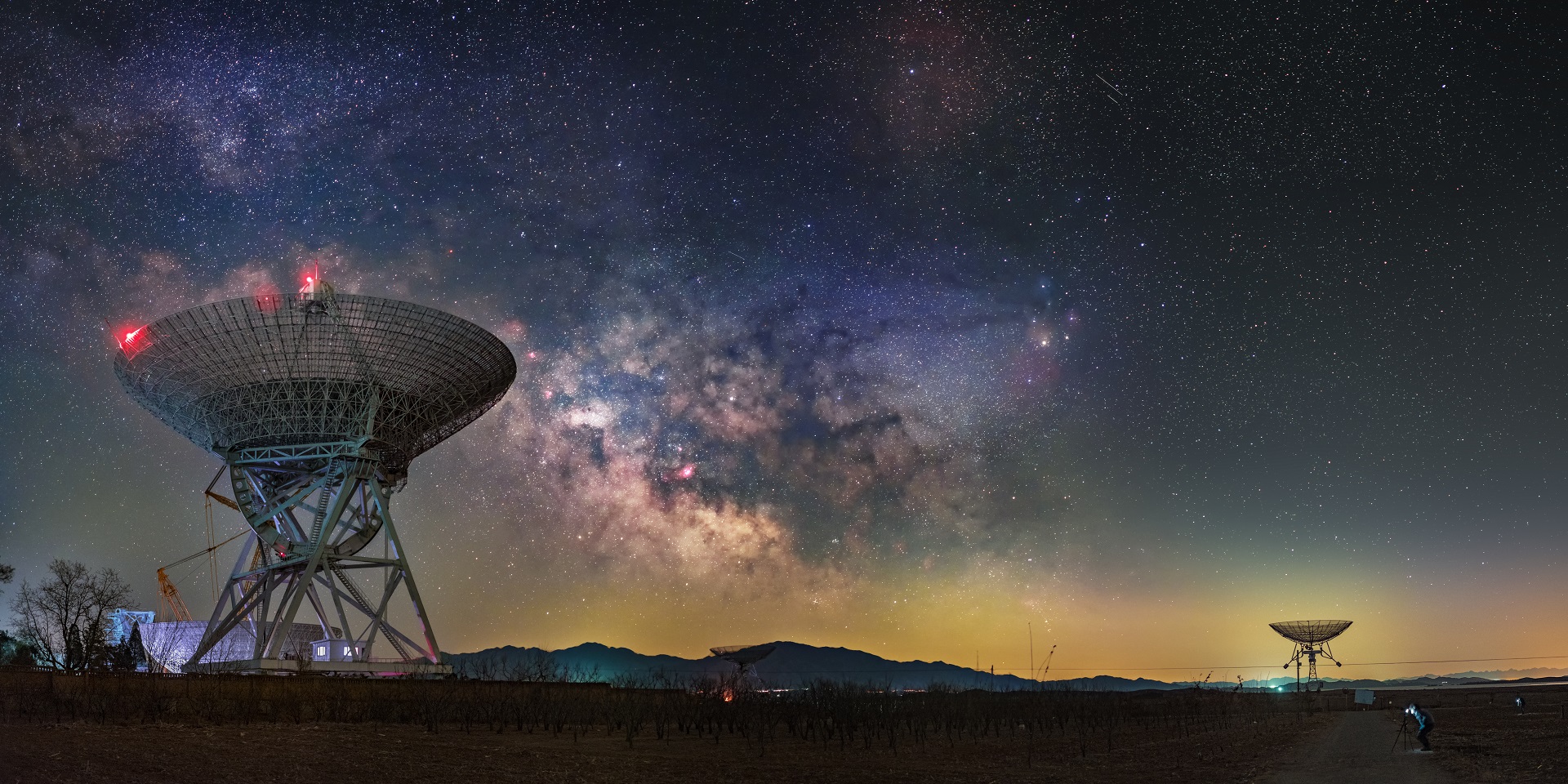John C. Lennox, Professor Emeritus of Mathematics at Oxford University, is an internationally renowned author and speaker, addressing topics at the intersection of science, religion, and philosophy. Beyond contributions in the field of science, Lennox participated in debates with representatives of New Atheism (R. Dawkins, C. Hitchens, and P. Singer) and wrote several books, including God’s Undertaker, Seven Days That Divide the World, Determined to Believe? and Can Science Explain Everything?
The book Can Science Explain Everything? is an accessible introduction to the relationship between science and religion. In the first part of the book, Lennox rejects the argument that science can explain the reality around us without the supernatural. Behind such an argument is actually the naturalist-atheist conception of the world and life, which considers those who believe in God to be ignorant.
This latter idea, however, is not a scientific one, but a philosophical one. Science can provide certain answers to questions like “How?” or “What?”, but it cannot answer questions like “Why?”, which concern the purpose of the existence of reality. The laws discovered by science describe reality, but they do not explain it, nor can they create it, as authors like Stephen Hawking try to convince us. Being a belief system, like theism, atheism assumes the rational intelligibility of the universe.
In the second part of the book, the author leads his readers to the Bible, challenging them to adopt a rational attitude in approaching it. Often using metaphorical and figurative language, the Bible speaks of an initial creation of the universe at an undetermined date and a recent creation of life on Earth. The major evidence for the truthfulness of the Christian conception is the resurrection of Jesus Christ. Because the universe is not a closed cause-and-effect system, whenever the Creator intervenes in the created reality, miracles can occur.
Thus, the existence of miracles depends on witnesses and historical evidence, which are solid enough to be rationally accepted. Along with scientific knowledge, the author invites readers to have a personal knowledge of God. Once initiated, the relationship with God itself becomes the means by which Christian theism is verified.
Written in easy and accessible language, the book Can Science Explain Everything? represents a relevant reading in the present context, both for those who embrace a theistic conception of the world and life, and for those who choose the atheistic option. For the former, the book is a good example of how the Christian faith can be confessed. For the latter, the book represents a challenge to reflection. John Lennox’s book should not be missing from the personal library of either category.



















